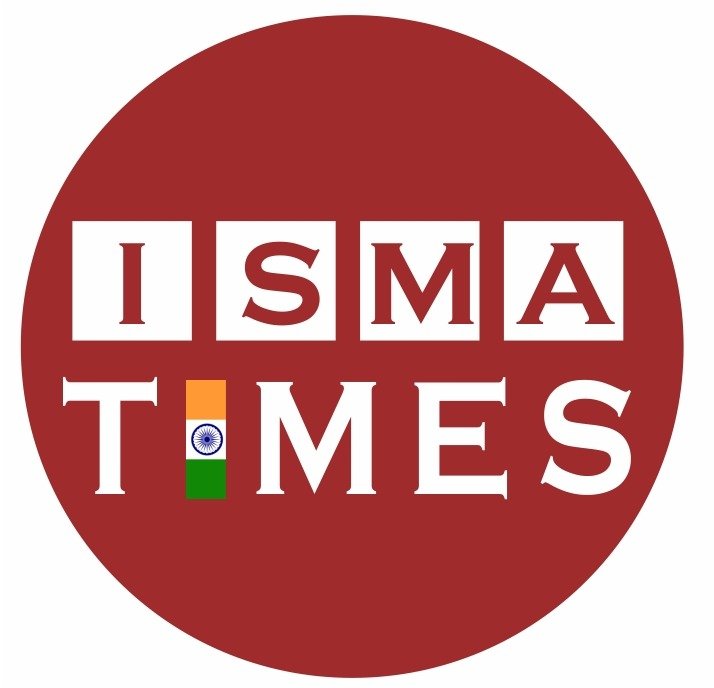Rafi Ahmed Kidwai: Raised his voice for the welfare of farmers
He worked to free the farmers from the zamindari system. He was constantly striving to end the exploitation of the farmers by the landlords.

Rafi Ahmed Kidwai, who played an active role in India's freedom movement, was born in a landlord family on 18 February 1894 in the Barabanki district of Uttar Pradesh. Despite this, he raised his voice for the welfare of the poor and farmers. He worked to free the farmers from the zamindari system. He was constantly striving to end the exploitation of the farmers by the landlords. He is also remembered for taking tough decisions without wavering in the midst of challenges. He became active in the freedom movement while studying law and became popular due to his extraordinary organizational skills. He was especially active in the Khilafat Movement in the 1920s and also joined the Non-Cooperation Movement at the call of Mahatma Gandhi. Rafi Kidwai was arrested many times and remained in jail for a long time in many movements including the non-cooperation movement.
After his every release from jail, he would come out with new enthusiasm and inspire people more fervently by holding public meetings against British rule. His biggest strength was that he went beyond all limits to help people. Rafi Ahmed Kidwai was also elected to the Constituent Assembly from the United Provinces. After the country got independence, he was appointed as the Minister of Communications. He inaugurated the first-night air mail service. The first Van Mahotsav was celebrated in the country in 1950 by the then Environment Minister Rafi Ahmed Kidwai. Its purpose was to create awareness about the impact of deforestation on wildlife and forest dwellers. Since 1950, Van Mahotsav is celebrated annually during the first week of July from 1st July to 7th July. Rafi Ahmed Kidwai died on 24 October 1954.
Courtesy : saptarishi
(This story has not been edited by ismatimes staff. Publishing this story purely for non-profit/non-commercial purposes exclusively for Human Rights)

















